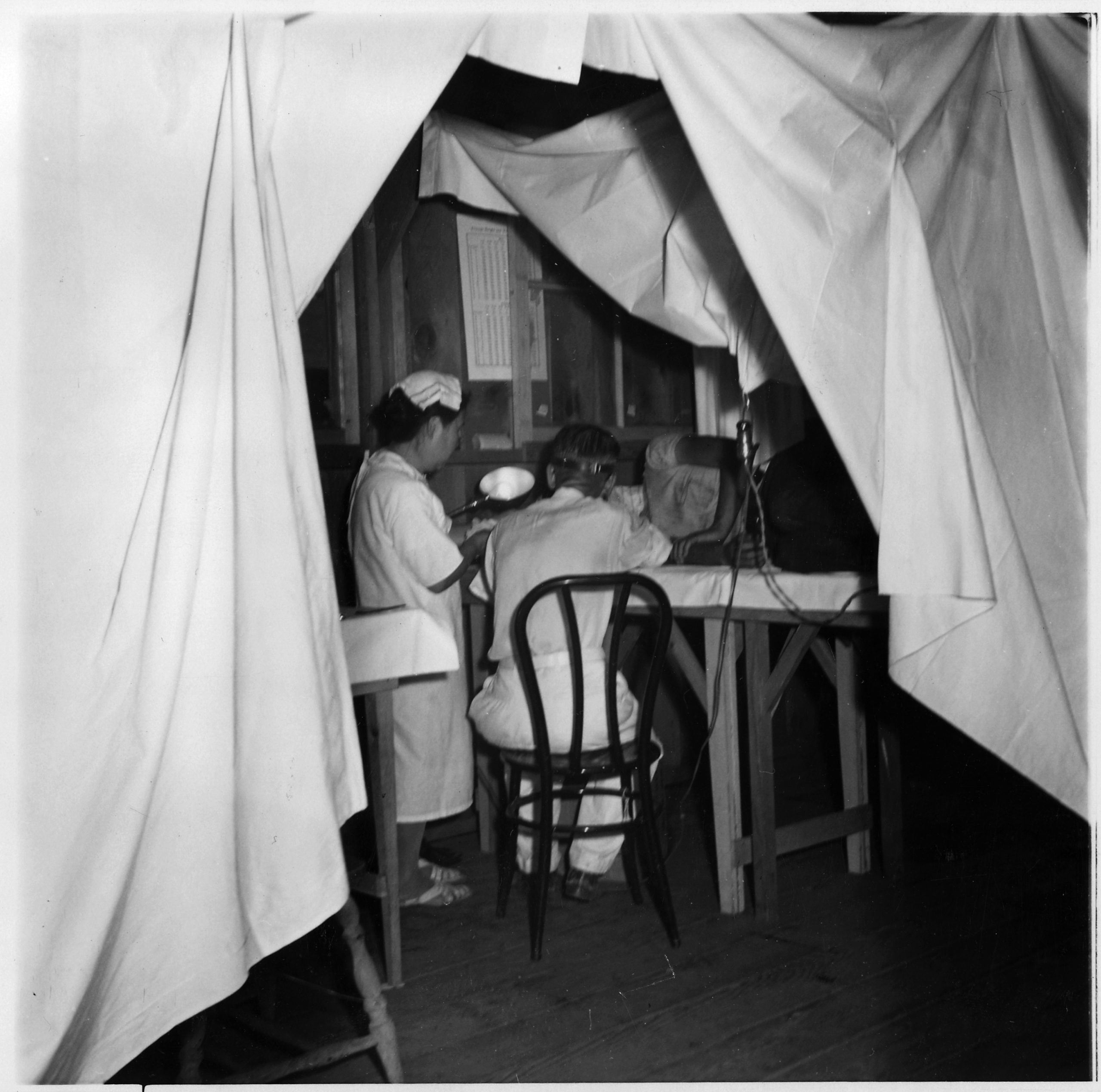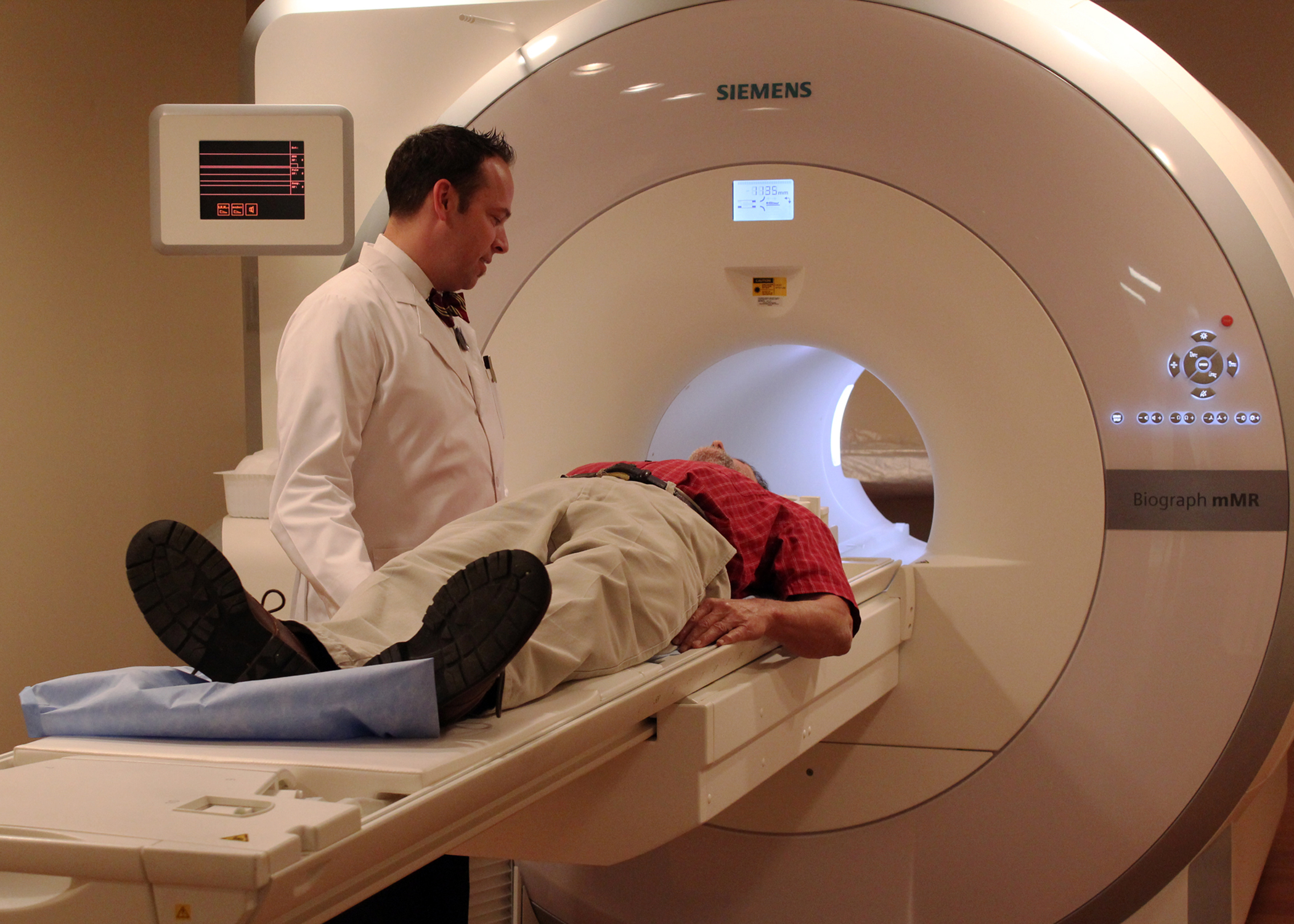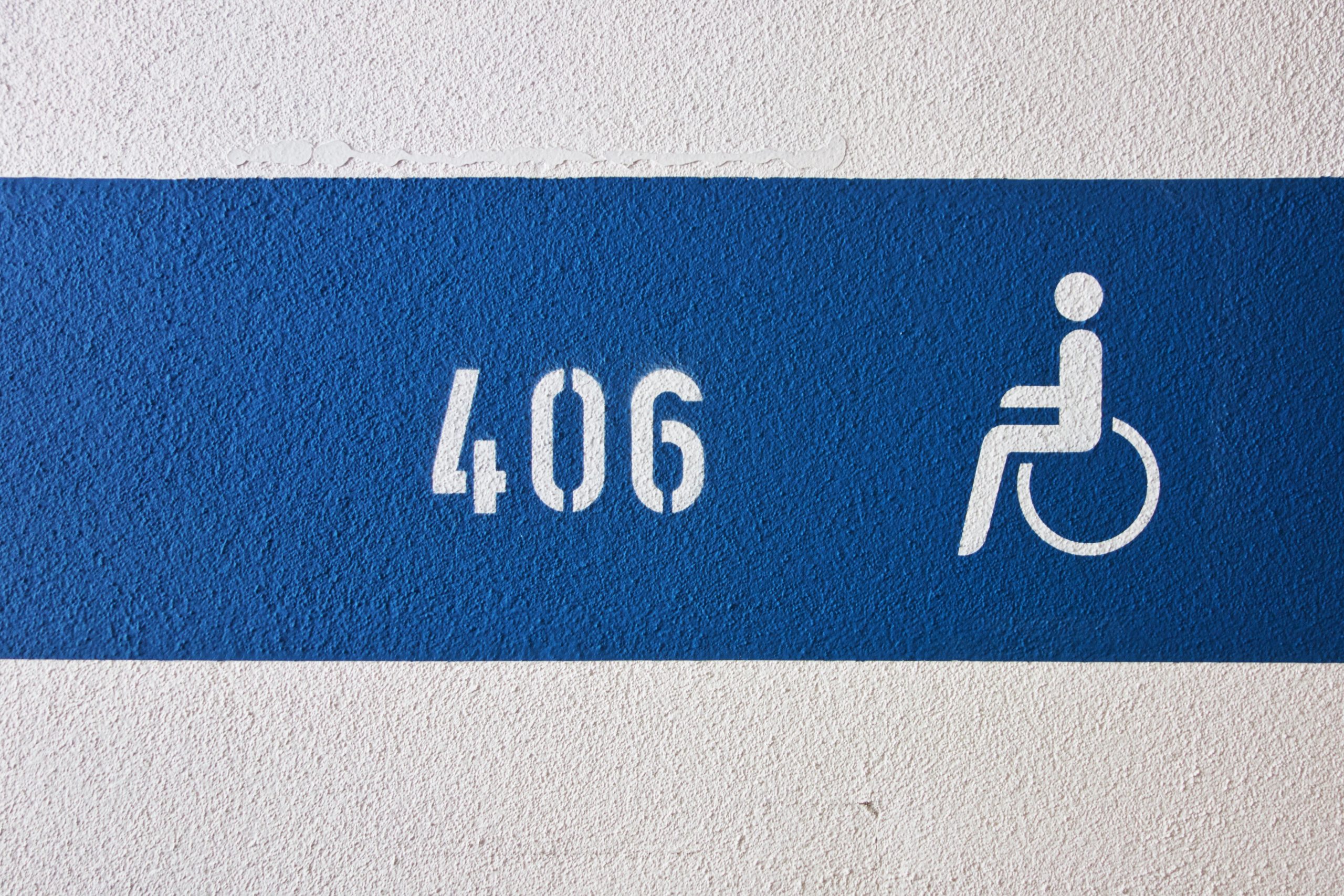 Being injured at work is never what you want to deal with. What’s worse is dealing with multiple independent medical examiners making opinions on your medical state. In the following case, the Louisiana Court of Appeal First Circuit addresses whether a medical examiner’s determination of maximum medical improvement is closely related to the worker’s condition and ability to work.
Being injured at work is never what you want to deal with. What’s worse is dealing with multiple independent medical examiners making opinions on your medical state. In the following case, the Louisiana Court of Appeal First Circuit addresses whether a medical examiner’s determination of maximum medical improvement is closely related to the worker’s condition and ability to work.
Ella Hamilton injured her neck and shoulders while moving trash bags into a dumpster while working as a custodian for GCA Services. Hamilton filed a workers’ compensation claim, and GCA Services paid indemnity and medical benefits to and on behalf of Hamilton in connection with her workers’ compensation claim. A dispute arose between the doctors that reviewed Hamilton’s alleged injuries and whether or not he could return to work.
Dr. Charles Bowie, a neurosurgeon, diagnosed Hamilton with a cervical disc disorder and opined that she required cervical fusion surgery. He believed her injuries prevented her from working. On the other hand, Dr. David Ferachi, an orthopedic surgeon representing GCA Services, agreed with Dr. Bowie but stated that Hamilton could return to work as a custodian with certain limitations.
 Insurance Dispute Lawyer Blog
Insurance Dispute Lawyer Blog


 Suppose you are considering settling a lawsuit related to injuries on the job. In that case, it is essential to understand how a potential settlement of a related claim could affect your workers’ compensation benefits. What happens to your workers’ compensation benefits if you settle a related lawsuit without written approval from your employer and their workers’ compensation insurer? The following case helps answer that question.
Suppose you are considering settling a lawsuit related to injuries on the job. In that case, it is essential to understand how a potential settlement of a related claim could affect your workers’ compensation benefits. What happens to your workers’ compensation benefits if you settle a related lawsuit without written approval from your employer and their workers’ compensation insurer? The following case helps answer that question. Navigating bureaucracy and red tape is a common experience when dealing with government agencies and trying to obtain workers’ compensation benefits. However, if you find yourself frustrated by what seems like an improper requirement, you might be able to challenge an administrative agency’s actions as exceeding its authority, as Calvin Arrant did here.
Navigating bureaucracy and red tape is a common experience when dealing with government agencies and trying to obtain workers’ compensation benefits. However, if you find yourself frustrated by what seems like an improper requirement, you might be able to challenge an administrative agency’s actions as exceeding its authority, as Calvin Arrant did here.  Random drug testing is common practice for certain jobs. What remedy does a police officer have when he takes a morphine pill for pain and is randomly selected for a drug test the following day when he comes into work?
Random drug testing is common practice for certain jobs. What remedy does a police officer have when he takes a morphine pill for pain and is randomly selected for a drug test the following day when he comes into work? An employee injured at work while performing the functions of her job is generally entitled to worker’s compensation. But what about a worker injured on the job by the intentional act of a fellow employee? An action for recovery due to employer negligence could be a better option.
An employee injured at work while performing the functions of her job is generally entitled to worker’s compensation. But what about a worker injured on the job by the intentional act of a fellow employee? An action for recovery due to employer negligence could be a better option. When people are injured at work, they expect to be compensated for an extended period. However, worker’s compensation can be hard to recover. So how does a pre-existing injury affect your workers’ compensation claim? The following lawsuit from Metairie, Louisiana, helps answer this question.
When people are injured at work, they expect to be compensated for an extended period. However, worker’s compensation can be hard to recover. So how does a pre-existing injury affect your workers’ compensation claim? The following lawsuit from Metairie, Louisiana, helps answer this question.  When injured on the job, your doctor knows best until you get a second opinion. While your primary care doctor may advise you to recover instead of resume working right away, if you get a second opinion that finds you capable of working, that second opinion can trump your primary care doctor’s opinion.
When injured on the job, your doctor knows best until you get a second opinion. While your primary care doctor may advise you to recover instead of resume working right away, if you get a second opinion that finds you capable of working, that second opinion can trump your primary care doctor’s opinion.  When you are injured on the job, it’s not always your employer’s or fellow employee’s fault. If you are injured while working by a third party, there are rules to follow when settling your claims. Following those guidelines is important because if you don’t, you may alter the workers’ compensation benefits owed to you.
When you are injured on the job, it’s not always your employer’s or fellow employee’s fault. If you are injured while working by a third party, there are rules to follow when settling your claims. Following those guidelines is important because if you don’t, you may alter the workers’ compensation benefits owed to you. If you are walking down the aisle of a store and fall and injure yourself, you may think you have a winning lawsuit. However, that is not always the case. A recent lawsuit out of Gretna, Louisiana, establishes what a plaintiff needs to prove when filing a slip-and-fall lawsuit in Louisiana.
If you are walking down the aisle of a store and fall and injure yourself, you may think you have a winning lawsuit. However, that is not always the case. A recent lawsuit out of Gretna, Louisiana, establishes what a plaintiff needs to prove when filing a slip-and-fall lawsuit in Louisiana.  After a workplace accident, an employee may be flustered, but it is essential that the employee promptly becomes knowledgeable about court requirements and deadlines. If a claim is not filed within an allocated timeline, the claimant may be barred from bringing the claim forward. The following case out of Jefferson Parish shows why, if you’re fax filing a lawsuit, you must follow the rules precisely.
After a workplace accident, an employee may be flustered, but it is essential that the employee promptly becomes knowledgeable about court requirements and deadlines. If a claim is not filed within an allocated timeline, the claimant may be barred from bringing the claim forward. The following case out of Jefferson Parish shows why, if you’re fax filing a lawsuit, you must follow the rules precisely.